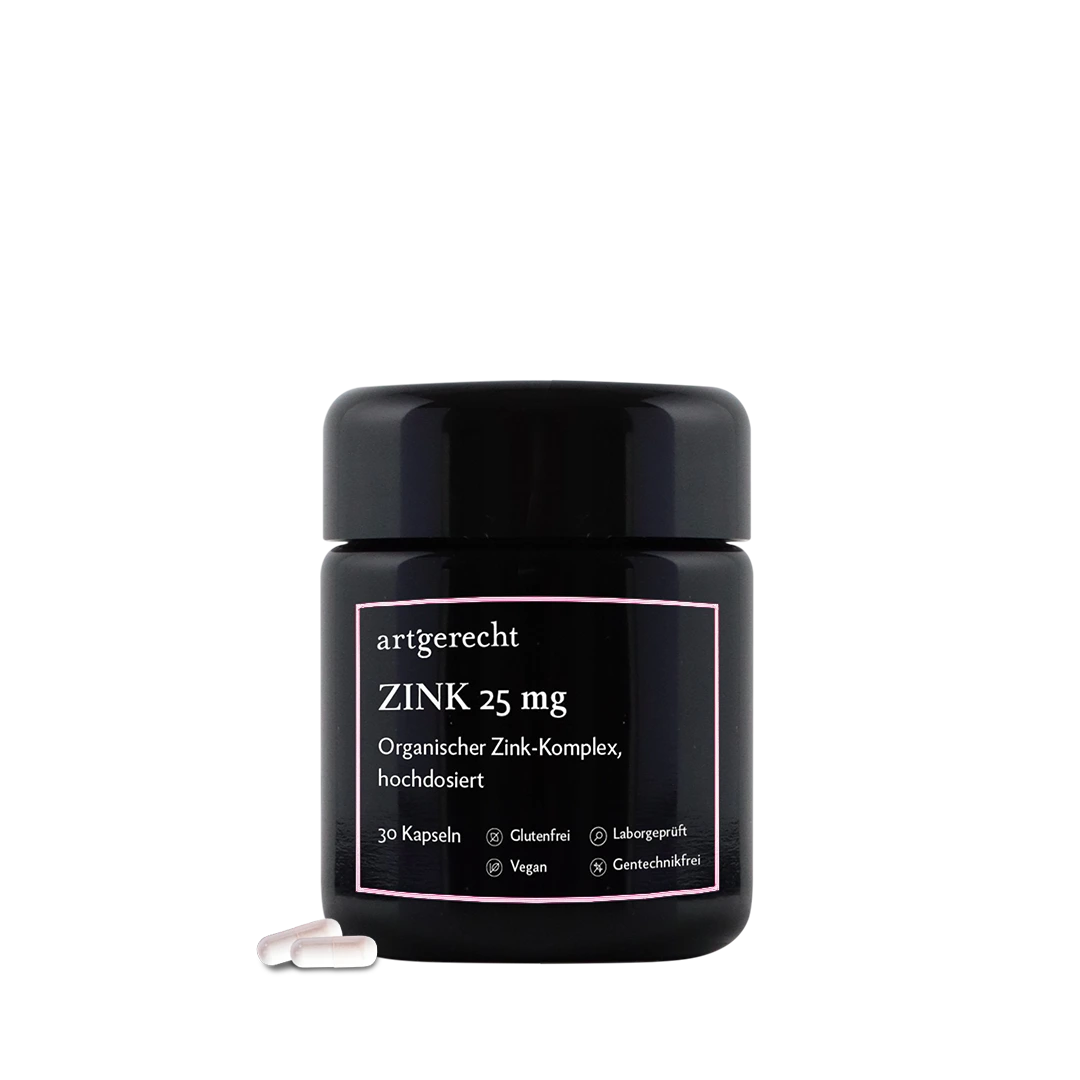

Allergy - causes, symptoms & natural strengthening of the immune system
An allergy is an overreaction of the immune system to normally harmless foreign substances such as pollen, house dust mites, animal dander or certain foods.
Interested in regular tips & information about health? Interested in regular tips & information about health?Wissenswertes über "Allergy"
An allergy is an overreaction of the immune system to normally harmless foreign substances such as pollen, house dust mites, animal dander or certain foods.
In the case of an allergy, the immune system mistakenly recognises harmless substances (allergens) as a threat and triggers a defence reaction in the body. This releases the messenger substance histamine, which is responsible for the typical allergy symptoms. Allergies are among the most common specific overreactions worldwide and can affect people of all ages. These specific hypersensitivities cannot be cured, but the symptoms can be alleviated through targeted measures and a strong immune defence.
The most common forms of allergies include hay fever (allergic rhinitis), a reaction to pollen with symptoms such as sneezing, itching and nasal congestion, food allergies with hypersensitivity reactions to foods such as nuts, milk, eggs or fish as well as contact allergies, i.e. skin reactions after contact with allergenic substances such as nickel or fragrances. Asthma is a chronic respiratory disease that is also often associated with allergies.
The symptoms vary depending on the type and severity of the allergy and include itching, redness and swelling of the skin and mucous membranes, sneezing, runny or blocked nose, shortness of breath and coughing, digestive problems as well as nausea and diarrhoea in the case of food allergies.
Supporting the immune system in the case of allergies is important and can be supported by the trace element zinc, for example. Zinc plays a central role in the immune system, supports the function of immune cells and helps to regulate inflammatory reactions. A zinc deficiency can weaken the immune system and increase susceptibility to allergies. On the one hand, zinc improves the function of T cells, which play a key role in immune defence. It is able to dampen certain immune reactions and could therefore reduce the intensity of allergy symptoms. In the case of contact allergies, zinc could support wound healing and protect the skin from further irritation. Zinc is also involved in the regulation of histamine levels in the body and can therefore mitigate allergic reactions.
A balanced diet with sufficient zinc intake can therefore help to better manage allergies. Good sources of zinc include meat and fish, pulses such as lentils and chickpeas, nuts and seeds and wholemeal products.
Verwandte Produkte
Essential trace element for your health & well-being
High-purity organic zinc compounds for the immune system, skin & hairDie neusten Einträge
3 Posts in this encyclopedia categoryHealthy nutrition
Mindfulness
Die meistgelesenen Einträge
3 Posts in this encyclopedia categoryLactoferrin CLN®
Cologne list
Lactoferrin
Verwandte Suchbegriffe: Allergy + Allergies + Allergy symptoms

